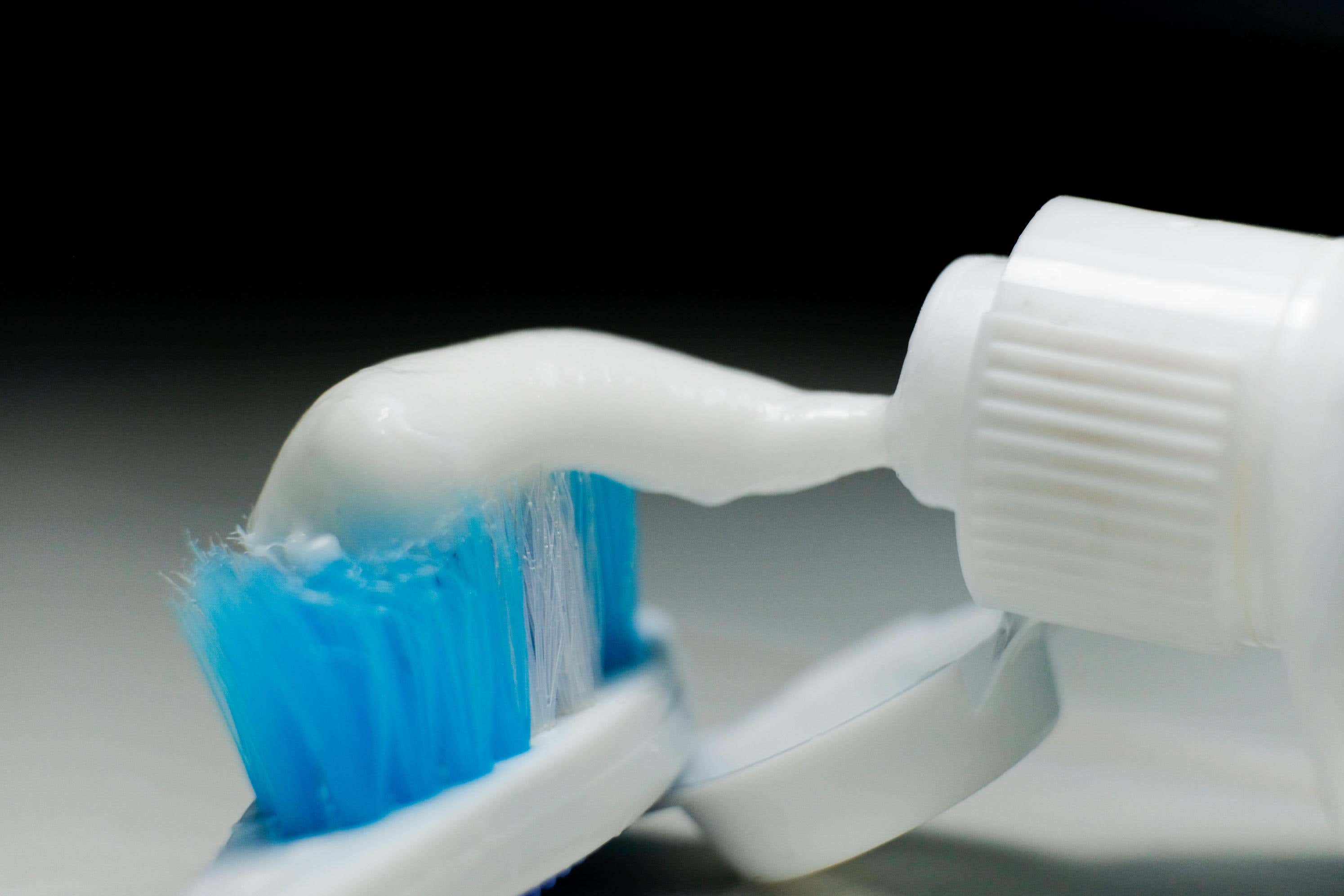Pfizer sells further shares in Sensodyne maker Haleon for £2.4bn
Haleon was formed in 2019 by the merger of the consumer healthcare businesses of GSK and US rival Pfizer, but was spun out and floated in 2022.

Your support helps us to tell the story
From reproductive rights to climate change to Big Tech, The Independent is on the ground when the story is developing. Whether it's investigating the financials of Elon Musk's pro-Trump PAC or producing our latest documentary, 'The A Word', which shines a light on the American women fighting for reproductive rights, we know how important it is to parse out the facts from the messaging.
At such a critical moment in US history, we need reporters on the ground. Your donation allows us to keep sending journalists to speak to both sides of the story.
The Independent is trusted by Americans across the entire political spectrum. And unlike many other quality news outlets, we choose not to lock Americans out of our reporting and analysis with paywalls. We believe quality journalism should be available to everyone, paid for by those who can afford it.
Your support makes all the difference.US drugs giant Pfizer has sold a stake in Sensodyne and Panadol maker Haleon worth around £2.4 billion, cutting its holding from 22% to 15%.
Pfizer sold 640 million shares in Haleon for 380p each, reducing its holding in the consumer healthcare firm by 7.6%.
It marks the latest move to sell down its stake in the group after Pfizer said last year it planned to reduce its holding gradually.
Haleon was formed in 2019 by the merger of the consumer healthcare businesses of British pharmaceutical group GSK and US rival Pfizer, sitting as a joint venture within GSK.
It was then spun out of GSK as a standalone business and listed on the London Stock Exchange in July 2022.
GSK initially retained a 12.9% stake in Haleon after the flotation, but both GSK and Pfizer have been selling down their stakes in the company, with GSK offloading its holding completely in May when it sold its last remaining shares for £1.2 billion.
Pfizer also sold around £2.6 billion worth of Haleon shares in March.
Haleon said on Tuesday it had bought back an extra 60.5 million of its shares from Pfizer at the same price, for a total of £230 million, amid the stake sale.
It said the move would allow it to return further cash to shareholders through share buybacks.
Brian McNamara, chief executive of Haleon, said: “Our purchase of shares from Pfizer will successfully deliver on our commitment to return £500 million to shareholders through share buybacks this year, and marks another milestone in Pfizer reducing its stake in Haleon following our listing in July 2022.”
Haleon has been pressing ahead with plans to cut its debts, rein in costs and sell off brands to simplify the business.
In June, it agreed to sell its nicotine replacement brands outside the US for £500 million to a division of Indian drugmaker Dr Reddy’s Laboratories.
It includes brands Nicotinell, Nicabate, Habitrol and Thrive which are sold as lozenges, patches and gum in different strengths and flavours.
Earlier this year, Haleon agreed to sell its ChapStick lip balm brand in a deal worth around 510 million US dollars (£383 million), while it sold off athlete’s foot treatment Lamisil last year.
The firm has previously outlined plans to focus on a handful of “higher growth” brands and hopes to save about £300 million over the next two years.
The company continues to own well-known household brands such as Sensodyne toothpaste, Panadol and Advil pain relief medication, and Centrum vitamins.